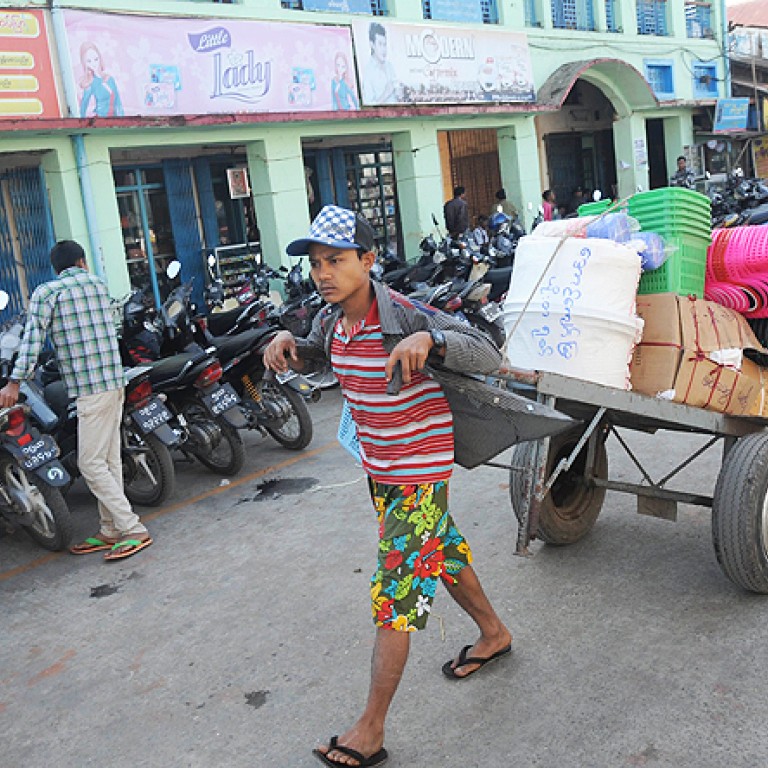
Medecins Sans Frontieres told to leave troubled Myanmar state
Myanmar’s government wants Medecins Sans Frontieres to leave Rakhine state over perceived bias in favour of Rohingya Muslim minority
Myanmar’s government said it wants the international aid group Medecins Sans Frontieres to leave a state torn by sectarian violence, in a move linked to the agency’s work with the long-persecuted Rohingya Muslim minority, news reports said on Friday.
We have to inevitably make the decision as their presence has more negative impact than benefit
Presidential spokesman Ye Htut told the newspaper that the group’s contract in Rakhine state would not be extended. He was quoted as saying that the aid group had hired “Bengalis”, the term the government uses for Rohingya, and lacked transparency in its work.
He criticised the group over its handling of an attack in the remote northern part of the state last month. The United Nations says more than 40 Rohingya were killed, but the government insists only one Buddhist policeman died.
“We have to inevitably make the decision as their presence has more negative impact than benefit,” Ye Htut was quoted as saying by newspaper.
The international aid organisation had no immediate comment on Friday.
Myanmar, a predominantly Buddhist nation of 60 million, only recently emerged from a half-century of military rule. Since then, ethnic tensions have swept Rakhine state, raising concerns from the United States and other members of the international community that the bloodshed could undermine the government’s democratic reforms. Up to 280 people have been killed and tens of thousands more have fled their homes, most of them Rohingya.
Since the violence erupted in June 2012, Medecins Sans Frontieres has worked in 15 camps for the displaced people in Rakhine state. For many of the sickest patients, the organisation offers the best and sometimes only care available, because travelling outside the camps for treatment in local Buddhist-run hospitals can be dangerous and expensive. However, the aid group has worked to help smooth the referral process for emergency transport from some camps.
Due to increasing threats and intimidation from a group of Rakhine Buddhists who have been holding near daily protests against Medecins Sans Frontieres, the organisation has said its activities have been severely hampered and that it has not received enough government support.
